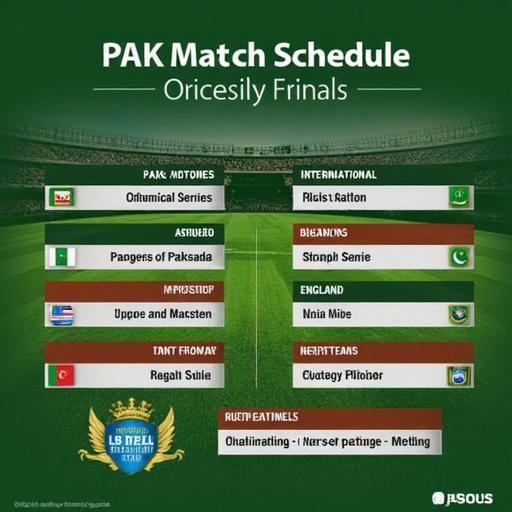Understanding the Complexities of the Indo-Pakistani Relationship

Unraveling the Knotted History of Indo-Pakistani Relations
The relationship between India and Pakistan, two nations born from the same historical tapestry, remains one of the most complex and fraught in the world. A legacy of conflict, suspicion, and missed opportunities casts a long shadow over the present and fuels anxieties for the future. This article delves into the intricate web of factors that continue to shape this critical relationship.
A Shared Past, Divergent Paths: From the partition of British India in 1947, the two nations have been locked in a struggle for dominance and recognition. The partition, a deeply traumatic event for millions, resulted in massive population displacement and violence that continues to haunt the collective memory of both countries. The unresolved Kashmir dispute, rooted in the complex interplay of geopolitical aspirations, historical claims, and cultural identity, serves as a potent reminder of this legacy of unresolved trauma.
Geopolitical Tensions and the Arms Race: The strategic importance of both nations in the broader South Asian and global contexts adds another layer of complexity to the equation. The presence of nuclear weapons, a reality that profoundly alters the nature of any conflict, has significantly impacted the regional dynamics. This arms race, fuelled by mistrust and a need for perceived security, has significantly hindered any meaningful dialogue between the two nations.
Economic Factors and Cross-Border Trade: The economic interdependence, albeit often strained, between India and Pakistan presents a unique challenge. While the potential for mutual benefit through enhanced trade and investment is undeniable, the political climate often creates hurdles that prevent a truly productive partnership. Despite periodic efforts to foster collaboration, deeply rooted political mistrust and suspicion persist.
Humanitarian Concerns and the Need for Dialogue: The human cost of the continuing tension is significant. The well-being of millions of citizens across both countries is directly impacted by the complex relationship. Promoting dialogue, enhancing people-to-people interactions, and fostering greater understanding between the two populations are essential to building a more stable and peaceful future.
The Path Forward: Addressing the challenges facing India and Pakistan requires a multifaceted approach. It necessitates a commitment to pursuing peaceful conflict resolution, prioritizing diplomatic solutions over aggressive posturing, and fostering a culture of understanding and cooperation between their respective societies. The long-term goal must be the establishment of a relationship built on trust, mutual respect, and shared prosperity.
Conclusion: The Indo-Pakistani relationship remains a crucial issue for the region and the world. Understanding the historical context, geopolitical realities, and ongoing challenges is critical to fostering a more positive and constructive future for both nations. Only through sustained dialogue, a commitment to de-escalation, and a shared vision of regional peace can a more positive dynamic be achieved.